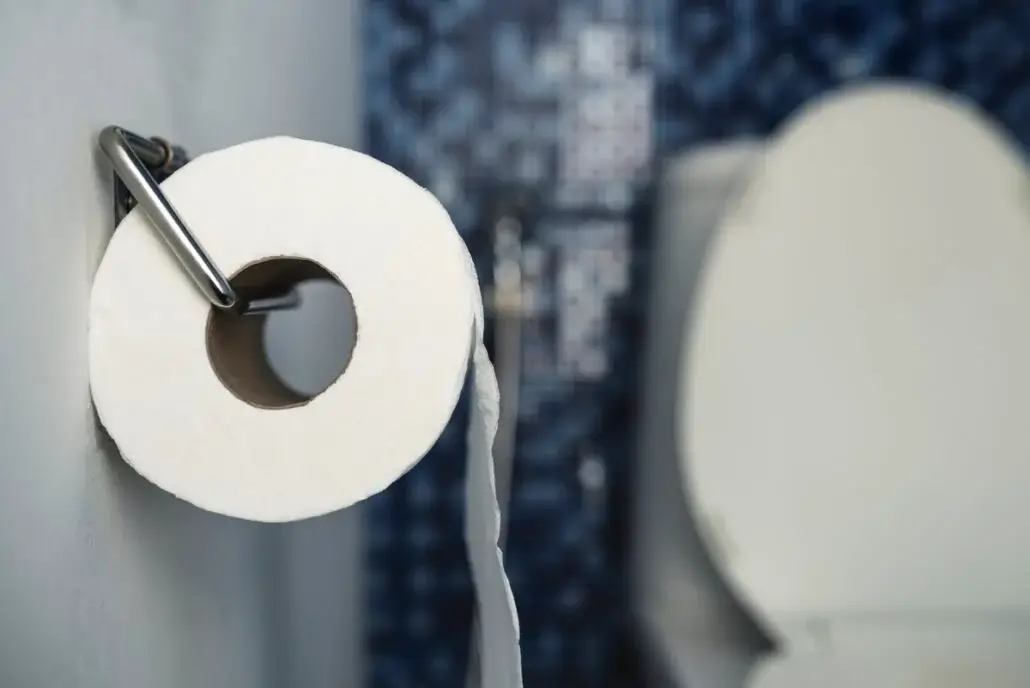What Is A Protein In Urine Test?
A home urine test for protein is designed to check if there is protein in the urine. Small amounts of protein can occasionally pass into urine due to various factors, but typically it should remain in the bloodstream. This test helps detect changes in urine protein levels which can be useful in tracking general wellness.

How Does The Test Work?
The principle of the urine protein test is simple: it measures the amount of albumin in the sample. Albumin is a type of protein commonly found in the blood, and it may appear in the urine under certain conditions such as dehydration. High levels of albumin are typically retained in the bloodstream due to their molecular size, so detecting it in urine may signal a temporary change in filtration processes.
Why Is The Protein Test Popular?
Home urine tests are popular due to their convenience and ease of use. Urine test strips are widely available and are known for their practicality in providing information about various wellness indicators. From general health tracking to specific wellness goals, urine tests can offer insights without the need for advanced equipment.
What Do The Results Of The Home Test For Albumin In Urine Imply?
If you used a home urine test and found protein present, this result may indicate trace levels in the urine. Healthy individuals might experience slight protein presence in urine occasionally due to factors like dehydration, stress, or recent exercise.
A "moderate" or "weak" result on a test may prompt some individuals to consider lifestyle adjustments such as drinking more water, balancing their diet, and ensuring adequate rest. Following up with a healthcare professional may be helpful if elevated protein levels persist in urine results over time.
*Vivoo does not provide any diagnosis; it only helps you monitor your wellness.

Temporary Factors Affecting Protein Levels
Several conditions may temporarily increase protein levels in urine without indicating long-term health issues. These include:
- Dehydration
- Exposure to cold
- Fever
- Strenuous exercise
These factors can result in trace amounts of protein passing into the urine for brief periods and are generally not a cause for concern in otherwise healthy individuals.
How To Use A Vivoo Test To Check Protein Levels?
Curious about your protein levels? With Vivoo’s at-home test and app, you can receive real-time information on multiple wellness markers. Getting started with Vivoo is simple:
- Purchase a Vivoo test kit.
- Download the Vivoo App.
- Use the test strip and scan it with the app.
- Receive personalized advice based on your results.
Vivoo provides tailored nutritional and lifestyle guidance that can easily fit into your routine, helping you make small changes to enhance wellness. All recommendations are crafted by registered dietitians, nutritionists, and medical experts.














